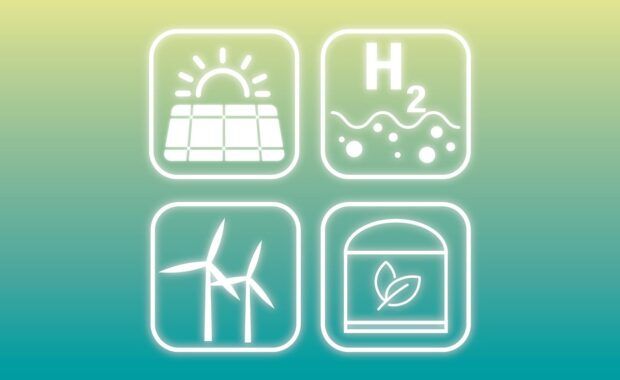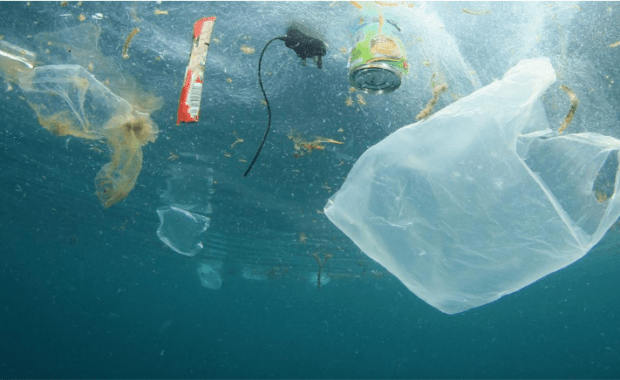The President of the European Commission, Ursula von der Leyen, called for the creation of an international alliance to strengthen and expand ocean monitoring and observation. This alliance will support OceanEye, the European ocean observation initiative, to consolidate efforts and collaboration in ocean observation on a global scale. President von der Leyen also announced an […]
Read MoreCommission approves €1.1 billion French State aid scheme to support clean technology manufacturing capacity
The European Commission has approved a €1.1 billion French programme to support strategic investments that increase clean technology manufacturing capacity, in line with the objectives of the Clean Industrial Pact. This measure will contribute to the transition to a net-zero emissions economy. The programme was approvedunder the Clean Industrial Pact State Aid Framework (CISAF),adopted by […]
Read MoreThe European Commission seeks input to shape its strategy for coastal communities
The European Commission has launched a four-week public call for data to help shape the first EU Strategy for Coastal Communities, a key commitment under the European Ocean Pact. This Strategy aims to support and boost sustainable economic growth and address the challenges faced by the millions of people who live and work along Europe’s […]
Read MoreThe Commissioner for Agriculture and Food, Christophe Hansen, visits Andalusia following the floods.
The European Commissioner for Agriculture and Food, Christophe Hansen, is visiting Seville today and the areas affected by flooding near Jerez de la Frontera. The Commissioner will begin his visit in Seville, where he will meet with the President of the Andalusian Regional Government, Juanma Moreno, at the Palacio de San Telmo. He will then […]
Read MoreCommission approves €1.04 billion state aid scheme to support climate projects
The European Commission has approved, in accordance with EU state aid rules, a Danish plan worth €1.04 billion (7.8 billion Danish kroner) to support landowners who commit to voluntarily withdrawing agricultural or forestry land from production in order to reduce agricultural emissions. The Danish measure Denmark notified the Commission of its plans to support landowners […]
Read MoreThe Commission establishes the European Board for the Oceans and seeks expert advice on ocean policy
The European Commission is inviting applications for the European High Level Committee on Oceans, a new expert group set up under the European Ocean Pact. The call for applications is open for a period of four weeks and offers professionals and organisations the opportunity to help shape the future of ocean governance. Selection criteria The […]
Read MoreEuropean Climate Law: 90% reduction in emissions by 2040
From 2036, international carbon credits can be used to reduce emissions by up to five points The introduction of the ETS2 emissions trading scheme is postponed until 2028 Follow-up report every two years, with the possibility of updating the climate target for 2040 Parliament has approved a 90% reduction in greenhouse gas emissions by 2040 […]
Read MoreNew EU rules to stop the destruction of unsold clothes and shoes
The European Commission adopted last February 9 new measures under the Ecodesign for Sustainable Products Regulation (ESPR) to prevent the destruction of unsold apparel, clothing, accessories and footwear. The rules will help cut waste, reduce environmental damage and create a level playing field for companies embracing sustainable business models, allowing them to reap the benefits […]
Read MoreA new layer: the EU Ecolabel moves up a level for paints and varnishes
BRUSSELS – In response to rapid developments in the coatings market, the European Commission has presented an updated set ofEU Ecolabel criteria for paints and varnishes.These criteria bring one of the programme’s key product groups up to date with the latest technological advances and market trends, including revised requirements for the most environmentally friendly paints […]
Read More








